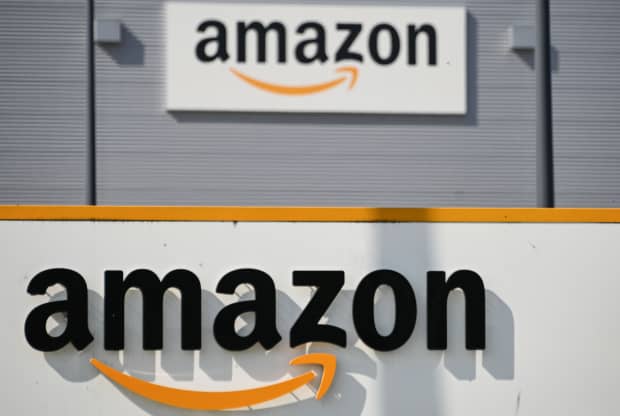This post was originally published on this site

Amazon competes with the third-party merchants, often small and medium-size businesses, that it hosts on its site.
Denis Charlet/Agence France-Presse/Getty Images
Amazon faces antitrust charges from the European Union over the use of merchant data on its platforms, and the bloc has opened another investigation into the e-commerce company, in the latest move to regulate technology giants in Europe.
Margrethe Vestager, the European commissioner overseeing competition and digital policy, announced in a press conference on Tuesday that the bloc sent a statement of objection to Amazon “with preliminary conclusions that Amazon illegally distorted competition in online retail markets.”
Vestager also announced that the commission has decided to open a second investigation into Amazon AMZN, +0.59% over its e-commerce practices, including the role of Amazon Prime.
Plus: Google, Facebook and Apple in the crosshairs as lawmakers agree on EU intervention in Big Tech
Also read: Amazon sought to hire intelligence analysts in EU spying row
The charges over the use of merchant data began as a probe in 2019, which itself followed a 2015 inquiry into e-commerce where the commission first looked into the tech giant’s business practices.
“We have now come to this preliminary conclusion that Amazon illegally abused its dominant position as a marketplace service provider in Germany and France, the biggest marketplaces for Amazon in the European Union,” Vestager said.
As both a digital e-commerce platform and a retailer, Amazon competes with the third-party merchants, often small and medium-size businesses, that it hosts on its site.
Vestager said that the commission analyzed more than 80 million transactions through its European marketplaces. The investigation concluded that business data relating to third-party merchants on Amazon’s marketplace “systematically” feeds into Amazon’s algorithm for its retail business.
“It is based on these algorithms that Amazon decides what new products to launch, the price of each individual offer, the management of inventories, and the choice of the best supplier for a product,” Vestager said.
The commissioner outlined that the problem was Amazon’s retail insights at such a large scale: the accumulated business data of more than 800,000 sellers in the EU covering more than a billion products.
“This is a case about big data,” Vestager said.
Plus: Amazon workers strike on busy Prime Day over conditions and pay in Germany
The EU is also launching a second investigation into Amazon’s business practices. This investigation focuses on the “buy box” coveted by sellers on the site—where customers add items to their online shopping cart—as well as the Amazon Prime subscription service, and on their relation to logistic and delivery services.
“Our concern is that Amazon may artificially push retailers to use its own related services,” Vestager said.
Amazon rebuked the European Commission’s conclusions in a statement.
“We disagree with the preliminary assertions of the European Commission and will continue to make every effort to ensure it has an accurate understanding of the facts,” Amazon said, noting that there are larger retailers in every country in which it operates and that 150,000 European businesses sell through their stores.
“No company cares more about small businesses or has done more to support them over the past two decades than Amazon,” the company said.
Plus: This Amazon rival’s stock soared more than 50% in its first day of trading
Also read: Here’s why Tesla, Amazon, and Nvidia aren’t overpriced, says this investment house
Vestager has taken a tough stance against big tech during her tenure overseeing competition for the European Commission.
Since she took on the role of competition commissioner in 2014, the EU has ordered Apple AAPL, +0.04% to pay €13 billion in back taxes to the Irish government and fined Google GOOGL, +1.68% more than €8 billion from three antitrust cases.
“We don’t take issue with the success of Amazon or its size,” Vestager said. “Our concern is very specific business conduct which appears to distort genuine competition.”

